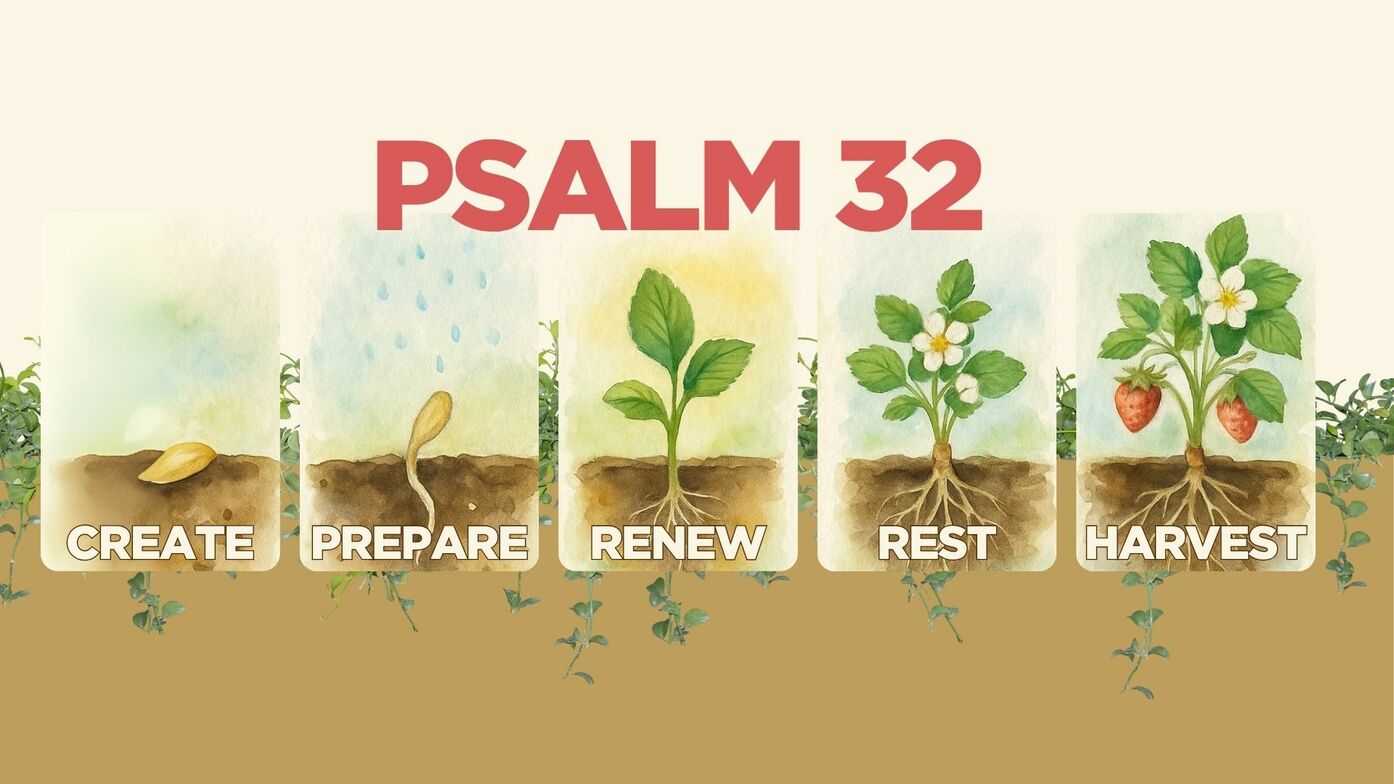
Summary
This sermon centers on the transformative power of engaging with the Bible as the living Word of God. The pastor emphasizes that scripture is not just ink on paper but a dynamic encounter with God that reshapes believers’ hearts, minds, and lives. He introduces a framework from the book *The Critical Journey* by Janet O. Hagberg and Robert A. Guelich, which outlines cyclical stages in a Christian's faith development: awe and recognition of God, life of discipleship, productive life, journey inward, the wall (a crisis of faith), journey outward, and life of love. These stages are not linear but fluid, and believers often revisit them throughout their lives. The sermon highlights the importance of wrestling with God through challenges and doubts—what the book calls “the wall”—where one’s will meets God’s will. This wrestling is a vital part of spiritual growth and transformation. The preacher encourages the congregation to prepare for a year-long Bible reading journey, urging them to embrace the changes scripture will bring, even if difficult or uncomfortable. He closes with a prayer inviting the Holy Spirit to guide and soften hearts, allowing God to work through the Word to produce maturity, endurance, and a deeper, authentic faith.
Highlights
- Scripture is the living Word of God that transforms hearts and lives.
- Faith development happens in cyclical stages, not linear progressions.
- Wrestling with God at “the wall” is a crucial part of spiritual growth.
- Jesus brings division because true faith changes relationships and priorities.
- Moments of awe and peace are part of the faith journey, but not permanent states.
- Encouragement to be gentle and curious with oneself in the process of faith.
Key Insights
- The Bible as a Living Word: Unlike any other book, the Bible is viewed as inspired by the Holy Spirit and alive, capable of changing a person’s perspective on money, relationships, time, and self. This understanding calls believers to approach scripture with reverence and openness, expecting transformation rather than mere information. The pastor’s prayer at the sermon’s start underscores that the power lies not in human words but in God’s work through those words.
- Faith Stages Are Cyclical, Not Linear: The framework from *The Critical Journey* illustrates that faith is not a straight climb but a recurring cycle through stages like awe, discipleship, inward journey, and love. This counters common misconceptions that spiritual maturity is a one-way trajectory. Recognizing this helps believers be patient with themselves and others, understanding that revisiting earlier stages is natural and part of growth.
- ‘The Wall’ as a Spiritual Crisis and Growth Point: The sermon highlights the ‘wall’—the point where a believer’s will clashes with God’s will—as a critical, often painful part of faith. This stage involves wrestling with doubts, disappointments, and unanswered prayers, which can feel like a spiritual stalemate. However, this struggle is essential; it is where transformation occurs through submission and surrender, mirroring Jacob’s biblical wrestling match with God. The insight that God allows Himself to be "pinned" so believers can be blessed is a profound reflection on divine humility and grace.
- Faith Can Cause Division: The sermon draws from Jesus’ words that He came to bring division, not peace, recognizing that authentic faith can disrupt existing relationships and social norms. When a believer submits to Christ, their changed priorities and values may alienate them from family or community, which can be difficult but is part of living a transformed life. This insight prepares believers for realistic challenges in their faith journey.
- Living the Word Through Action, Not Just Knowledge: The stages of productive life and journey outward emphasize that faith is not just about acquiring knowledge or attending church activities but about living out the transformation caused by scripture. The metaphor of the body converting food into life is used to describe how scripture should be absorbed and then expressed through acts of service, generosity, and love, not as a checklist but as a natural overflow of grace.
- Softness and Curiosity Toward Self in Faith: The preacher encourages a compassionate, inquisitive attitude toward one’s spiritual state. Rather than self-condemnation for feeling stuck or struggling, believers are invited to ask gentle questions about their feelings and behaviors. This approach fosters honesty and openness to God’s work without fear or shame, which is vital for healthy spiritual development.
- Endurance Through Trials Produces Maturity: The closing scripture from James reminds believers that trials and difficulties are not obstacles but opportunities for growth. Endurance in faith leads to maturity and completeness, lacking nothing. This counters the common desire to avoid pain in spiritual life and reorients believers to view challenges as joyful tests that refine and deepen their relationship with God.
The sermon ultimately offers a balanced, realistic view of faith as a dynamic journey marked by awe, learning, action, struggle, surrender, and love. It calls the congregation to embrace scripture as a living force that will unsettle, challenge, and renew them, trusting that God’s Spirit will produce lasting transformation.

